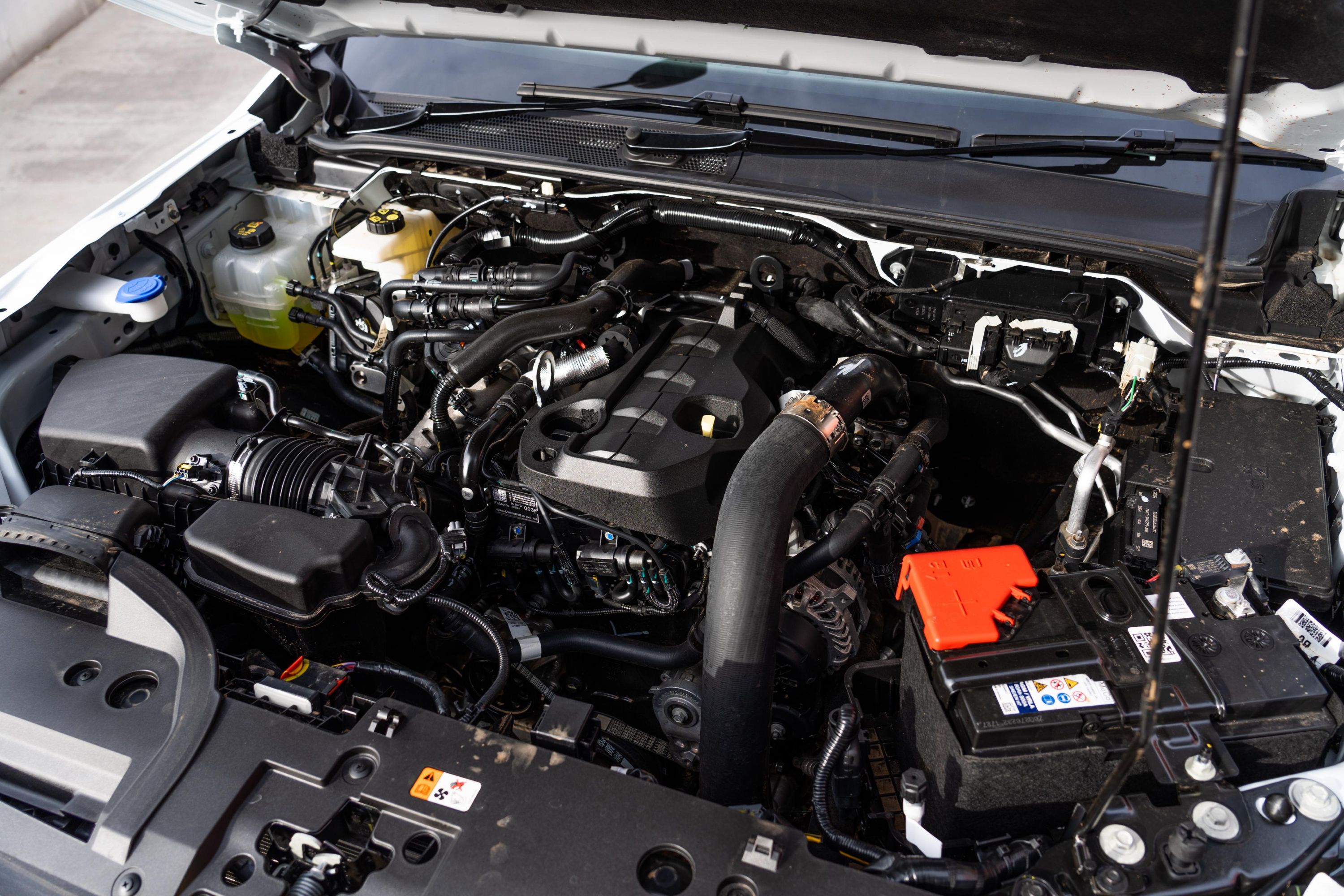Crucial Considerations and Tips for Picking the Right Engine for Your Needs
Selecting the appropriate engine is a complex choice that calls for careful consideration of different elements to make certain ideal performance for your details requirements. The details of engine selection expand past these basics, triggering a more detailed exam of crucial aspects that can eventually impact your fulfillment and success.
Determine Your Function
Determining your function is an important initial step in choosing the ideal engine for your demands. Comprehending the particular application you want will certainly assist your decision-making process and make certain that you select an engine that aligns with your operational needs. Whether you require an engine for a business lorry, commercial machinery, or a leisure project, each situation needs various performance features and capacities.
Consider the environment in which the engine will certainly operate. Will it undergo hefty lots, severe temperature levels, or extended use? Evaluating these elements will help you determine the needed power outcome, gas performance, and resilience required to satisfy your goals.
Furthermore, consider the lasting implications of your selection. Spending plan restrictions, upkeep requirements, and availability of parts are essential considerations that will affect your total complete satisfaction and operational effectiveness.
Eventually, articulating your purpose will certainly streamline the choice process and empower you to make a notified choice. By clearly defining your goals, you can assess possible engines better and select one that not just satisfies your existing requirements however likewise supports your future goals.
Evaluate Engine Requirements
When you have actually plainly expressed your purpose, the next action is to review engine specifications. This procedure includes a comprehensive exam of different technical information that can considerably impact efficiency and suitability for your meant usage.
Begin by evaluating the engine's horsepower and torque scores. Horsepower is critical for identifying the engine's ability to execute work, while torque is important for comprehending just how well it can take care of heavy lots or acceleration. In addition, take into consideration the engine variation, as it often correlates with power outcome and performance.
Following, analyze the engine typeâEUR" whether it is a gas, diesel, or alternate fuel engineâEUR" as each type has distinctive attributes and applications. Take note of the engine's configuration (e.g., inline, V-type), as this can influence size, weight, and total efficiency.
Another important facet is the engine's air conditioning system, which can influence integrity and upkeep requirements. Lastly, examine the producer's online reputation and guarantee offerings, as these can supply insights into lasting performance and assistance. Completely reviewing these specifications will certainly help make certain that you select an engine that aligns with your particular requirements and functional objectives.
Think About Gas Performance
Fuel effectiveness is an essential factor to take into consideration when choosing an engine, as it straight impacts functional prices and environmental sustainability. An engine's fuel effectiveness is commonly gauged in miles per gallon (MPG) for automobiles or in certain gas usage (SFC) for airplane and aquatic engines. Greater gas effectiveness not only decreases the quantity of gas consumed however also decreases greenhouse gas discharges, making it a responsible selection for eco-conscious consumers.
When assessing engine choices, it is important to examine the driving problems and intended usage. Engines maximized for highway driving might exhibit better fuel performance compared to those developed for stop-and-go website traffic. In addition, consider the engine's innovation, such as turbocharging or hybrid systems, which can dramatically enhance fuel efficiency.

Assess Maintenance Demands

Some engines might hop over to here call for even more frequent oil changes, filter replacements, or specialized servicing, which can affect your operational downtime. Engines with extensive popularity generally have better components availability, reducing lead times during repairs.
Another essential aspect is the technological knowledge needed for maintenance. Some engines might demand specialized training for service technicians, which could restrict your options for solution carriers. Assess whether the engine's design permits for simple access to components frequently needing upkeep, as this can significantly affect labor prices.
Budget Plan Your Financial Investment
Comprehending upkeep demands is just one element of picking the best engine; economic factors to consider play a just as essential function (amarok engine for sale). Developing a clear budget is critical, as it affects not only the first purchase price however also lasting operational prices
When budgeting, think about both the continuous expenditures and in advance prices such as gas effectiveness, maintenance, and potential repair work. An apparently inexpensive engine might incur higher prices gradually as a result of poor fuel economic situation or constant upkeep demands. More Bonuses In addition, evaluate the accessibility and expense of spare components, in addition to the warranties offered by suppliers, which can give economic security against unpredicted expenses.
It is likewise important to factor in possible funding choices or leasing setups, which can alleviate prompt economic concerns. Stabilize your wish for advanced attributes with your budget plan constraints, making certain that you buy an engine that satisfies your efficiency needs without endangering monetary stability.
Eventually, an all-around spending plan will empower you to make educated choices, aligning your engine option with both your economic abilities and functional needs, resulting in an extra sustainable financial investment in the long run.

Final Thought
In conclusion, selecting the appropriate engine demands a detailed understanding of certain needs and applications. Mindful examination of engine specs, fuel effectiveness, and upkeep requirements is necessary for educated decision-making.
Gas effectiveness is a crucial variable to take into consideration when selecting an engine, as it directly impacts operational prices and environmental sustainability. An engine's gas efficiency is commonly gauged in miles per gallon (MPG) for lorries or in i was reading this specific fuel consumption (SFC) for airplane and aquatic engines. Diesel engines generally provide far better fuel effectiveness than gasoline engines. Ultimately, choosing an engine with a strong focus on gas effectiveness can lead to considerable long-term financial savings and add favorably to ecological efforts. Cautious assessment of engine specifications, gas efficiency, and upkeep demands is vital for educated decision-making.